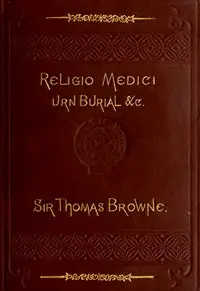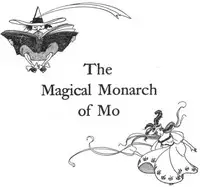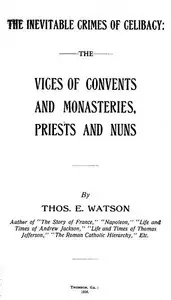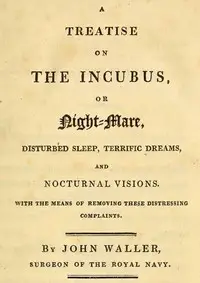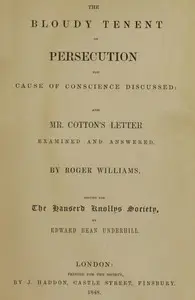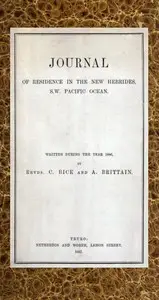"The Works of Sir Thomas Browne, Volume 1" by Sir Thomas Browne is a comprehensive collection of literary and philosophical texts, likely written in the mid-17th century. The volume includes works such as "Religio Medici," a reflection on the author's personal faith and views on religion and science, alongside "Pseudodoxia Epidemica," which critiques popular misconceptions of the time. This collection serves as a window into the essence of early modern thought, exploring the intersections of belief, knowledge, and human experience. The opening of the volume sets the stage with an elaborate prefatory note by the editor, Charles Sayle, emphasizing the intention to present a faithful text derived from Browne's works, particularly from the later editions issued during his lifetime. The initial sections hint at the structure of the volume, indicating that it will follow a series of essays and annotated discussions. Sayle's note also establishes the significance of Browne's exploration of the relationship between medicine and theology, suggesting that the author seeks a deeper understanding of human existence and the nature of faith in the context of scientific inquiry and cultural discourse. This reflective tone points to the intellectual depth that readers may encounter in Browne's writings, inviting them into a rich landscape of inquiry and thought. (This is an automatically generated summary.)

The Works of Sir Thomas Browne, Volume 1
By Thomas Browne
"The Works of Sir Thomas Browne, Volume 1" by Sir Thomas Browne is a comprehensive collection of literary and philosophical texts, likely written in t...
Sir Thomas Browne was an English polymath and author of varied works which reveal his wide learning in diverse fields including science and medicine, religion and the esoteric. His writings display a deep curiosity towards the natural world, influenced by the Scientific Revolution of Baconian enquiry and are permeated by references to Classical and Biblical sources as well as the idiosyncrasies of his own personality. Although often described as suffused with melancholia, Browne's writings are also characterised by wit and subtle humour, while his literary style is varied, according to genre, resulting in a rich, unique prose which ranges from rough notebook observations to polished Baroque eloquence.


